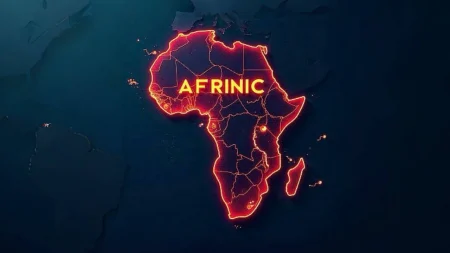- AFRINIC’s board election dispute is serious, but ultimately remains a local operational challenge within a regional internet registry.
- Global commentary and external pressure may risk overshadowing the need for calm, internal reform.
A regional registry under pressure
AFRINIC, as Africa’s Regional Internet Registry, plays a critical role in allocating IP resources. But recent election irregularities and legal interventions in Mauritius have sparked global commentary—much of it disproportionate to the scope of the actual incident.
While the issues of process integrity and member trust are real, it’s important to recognise this as an internal matter of operational governance, not a structural failure of the African internet model.
Also read: EXPOSED: The letter that reveals who was really benefitting from AFRINIC’s lawsuits
Also read: Is the AFRINIC election process compliant with Mauritian corporate law?
The role of courts and the receiver
The decision by the Mauritian court to appoint a temporary receiver was unusual, but rooted in local legal norms and stakeholder petitions. The appointment disrupted AFRINIC’s normal board functions, but did not interfere with the broader IP distribution system or registry operations. Some observers argue the legal response—while strong—has been framed internationally as a governance collapse, when in fact it’s more a case of necessary local oversight.
Caution urged on international pressure
ICANN’s open letter and wider global scrutiny have elevated this dispute far beyond the region. Some members of the internet governance community, however, caution that such pressure can backfire. They argue that if every operational setback at a regional registry became a global incident, the multistakeholder model itself could be destabilised.
Why it’s important
AFRINIC must still act to restore trust: that includes transparent elections, proper member representation, and internal oversight mechanisms. But reforms should come from within, driven by the African internet community. Framing the situation as a global crisis risks disempowering the very people affected. The emphasis, then, should be on supporting a stable resolution—not amplifying every flaw as an existential threat.




